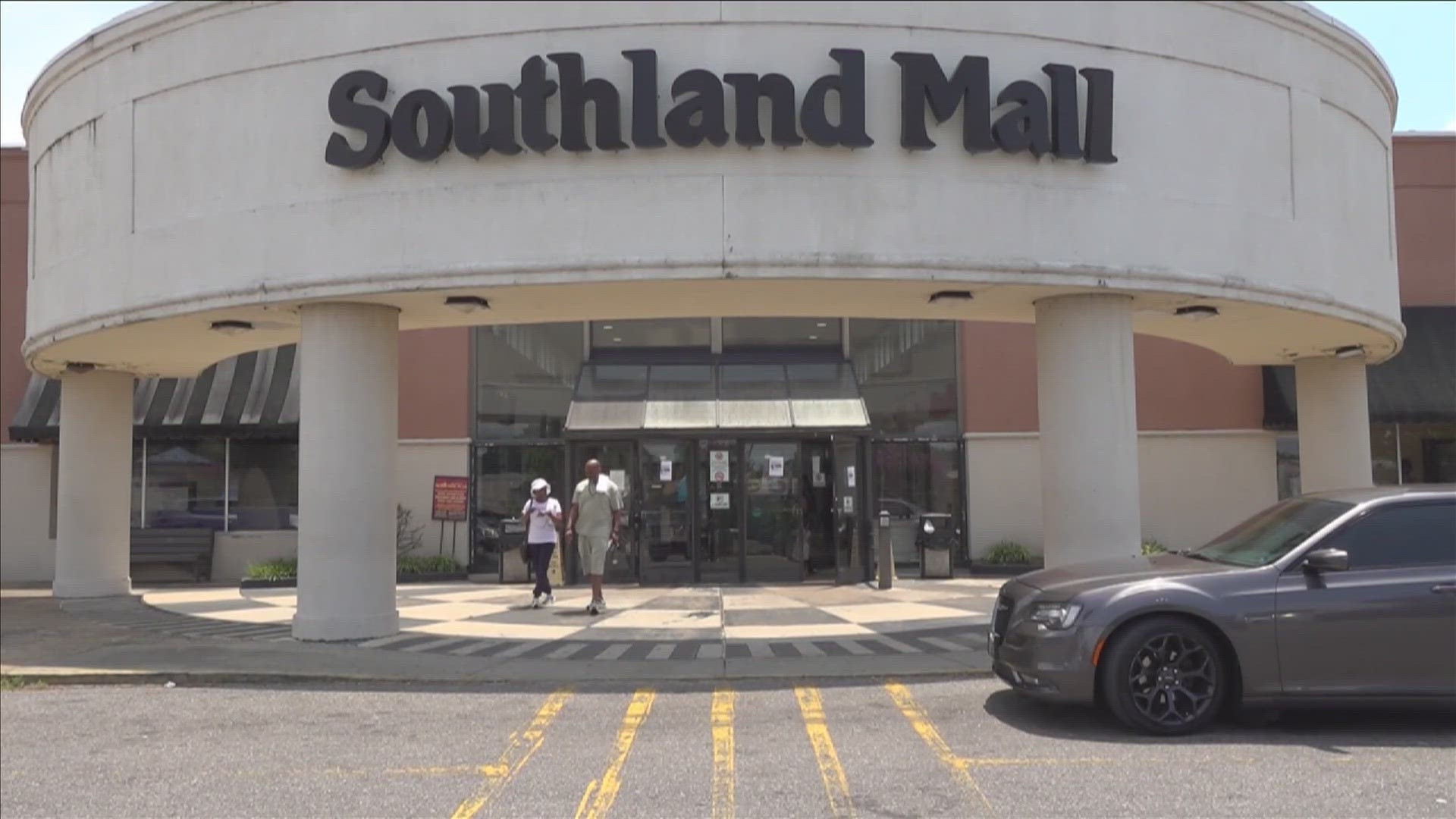MEMPHIS, Tenn. — With the election for Memphis mayor and city council coming up in just a few months, voters are getting a better idea of who could be representing them.
Another "Meet and Greet" event took place Saturday at Southland Mall thanks to organization "Up the Vote 901," who said they picked the location because it represented an intersection of poverty, crime and the economy.
The group's director, Dr. Earle Fisher, said it's events like this that help increase voter turnout by bringing more information and representation to the community.
"The city council, although it is a majority Democratic and a majority Black, did not vote to implement these measures to help with the diminishing of the Black vote, and so, again, it is an opportunity to get people on the same page — some who are aspiring to be on the city council seat and some who are aspiring to be on the mayoral seat."
In May, a Shelby County judge ruled in favor of candidates Van Turner and Floyd Bonner Jr. in a lawsuit challenging them on residency requirements for mayoral eligibility.
They are both now able to run for office without a looming lawsuit from the Memphis City Council claiming their running for election went against the city's residency requirements.
Civil Rights Attorney Ben Crump is even getting involved in the race for Memphis mayor, endorsing candidate Van Turner.
Turner posted a video showing Crump's support in which the attorney talks about Turner's work as head of the Memphis NAACP chapter as well as Turner working as a county commissioner.
More than a dozen other candidates are running to replace Memphis mayor Jim Strickland. The mayoral seat, along with a few city council seats, will be on the ticket Oct. 5.
In April, "Up The Vote" also hosted five of the candidates set for the election. Paul Young, Michelle McKissack, JW Gibson, Reggie Hall and Karen Camper were in attendance.
They each spoke about their platform as well issues important to them. Topics covered included affordable housing, public safety and fighting blight.
"I think, on one hand, it is important because it proves that certain candidates are willing to come to communities and meet people where they are, especially in some of the communities we've chosen where people are often disinvested and disenfranchised," Fisher said at the time.

